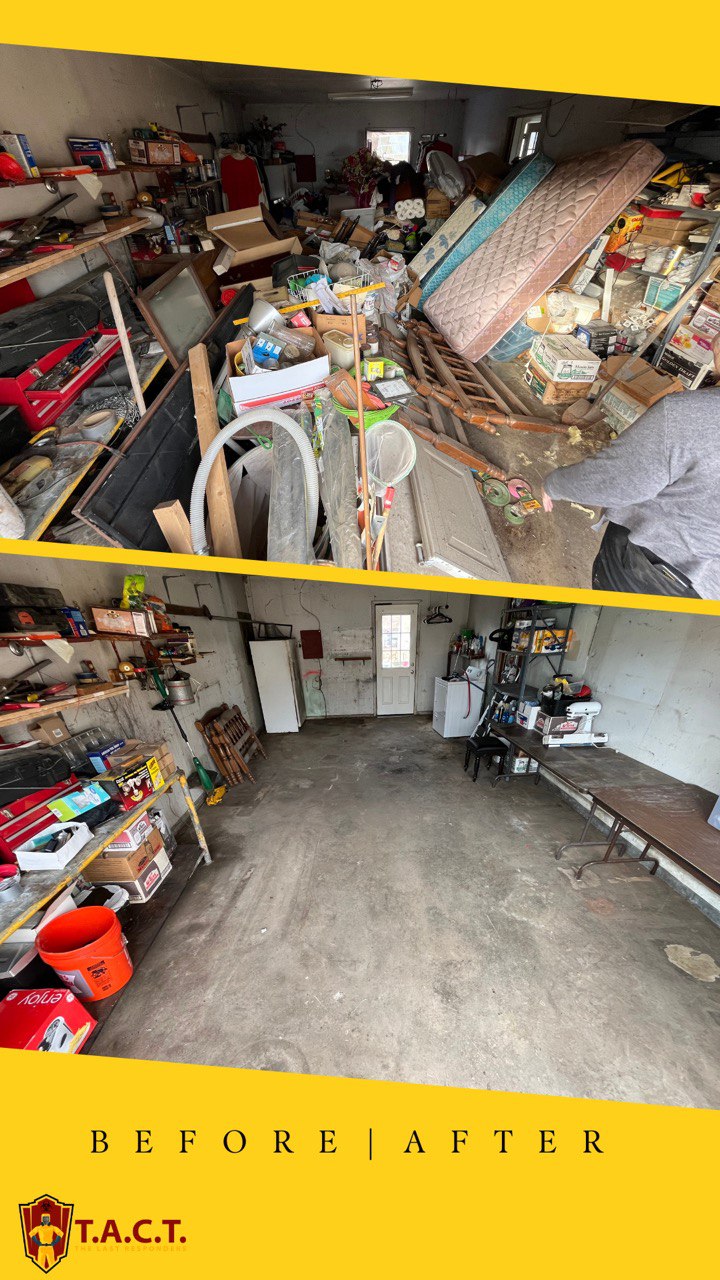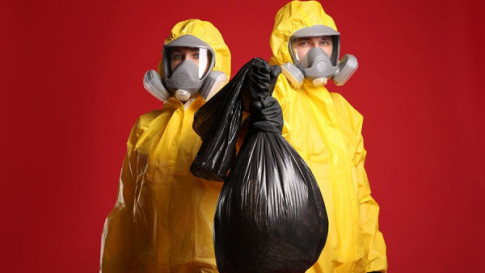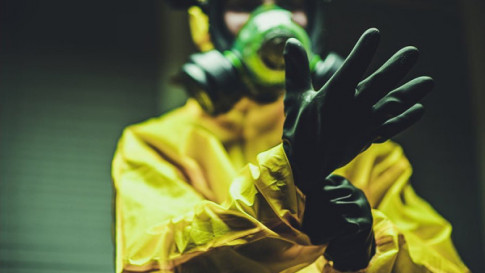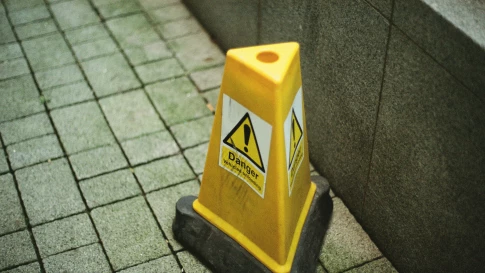The Dangers of Hoarding: Understanding the Hazards and Risks Involved

Hoarding is a serious issue that can pose various risks and hazards in homes. Understanding the dangers associated with hoarding is crucial in order to address them promptly and ensure the safety of individuals living in such environments. Hoarding risks and hazards can range from physical dangers to mental health concerns, making it essential to tackle this issue effectively.
1. Fire Hazards: Hoarded items often clutter living spaces, obstructing pathways and access to exits. This increases the risk of fires, as flammable materials may be stored improperly or near heat sources.
2. Tripping and Falling: Cluttered environments increase the likelihood of trips and falls, which can lead to serious injuries, particularly for older adults or those with mobility issues.
3. Structural Damage: The excessive weight of hoarded items can cause structural damage to the home, weakening floors, walls, and ceilings, and potentially leading to collapses or other safety hazards. Hoarding can also lead to structural hazards within the home. Piles of clutter and excessive items can put a strain on the building's infrastructure, leading to weakened foundations, mold growth, and other structural issues. These safety concerns not only compromise the integrity of the property but also pose a threat to the well-being of individuals residing in such environments.
4. Health Risks: Hoarding can create unsanitary conditions, providing breeding grounds for pests such as rodents and insects. Accumulated dust, mold, and mildew can exacerbate respiratory problems and allergies.
5. Social Isolation: Hoarding often leads to social isolation as individuals may feel embarrassed or ashamed about their living conditions, resulting in withdrawal from family, friends, and social activities.
6. Legal Issues: Hoarding can violate local health, safety, and sanitation codes, leading to fines, eviction, or other legal consequences if not addressed.
7. Mental Health Impacts: Hoarding is often associated with mental health disorders such as obsessive-compulsive disorder (OCD) or hoarding disorder. Without proper intervention, these underlying issues can worsen over time.
8. Neglect of Essential Activities: Hoarding can interfere with daily activities such as cooking, cleaning, and personal hygiene, leading to further deterioration of living conditions and overall quality of life.
9. Increased Risk of Emergencies: In the event of a medical emergency or natural disaster, cluttered living spaces can impede emergency responders' ability to provide assistance quickly and effectively.
10. Financial Burden: Hoarding can result in excessive spending on unnecessary items, storage units, or home repairs, leading to financial strain and debt.
Addressing hoarding promptly is crucial to mitigate these risks and provide support to individuals struggling with hoarding behaviors. Early intervention through therapy, support groups, and professional organizing services can help individuals regain control of their living environments and improve their overall well-being.
It is crucial to seek professional help and support to effectively declutter and organize hoarded spaces. Professional organizers, therapists, and hoarding task forces can provide valuable assistance in tackling hoarding issues and creating a safe living environment.
Understanding hoarding risks and hazards is key to mitigating the dangers associated with this behavior. By recognizing the potential risks, individuals can take proactive steps to address hoarding safety concerns and create a safer and healthier living environment. It is essential to prioritize the well-being of individuals affected by hoarding and seek the necessary support to address this complex issue effectively.



Latest news

Supporting Communities with Specialized Cleaning & Biohazard Services. Virus Decontamination, Hoarding Cleanup, Deep Cleaning Services, Blood Cleanup, and Human Waste Cleanup.
Read More
Suicide Cleanup in Washington, D.C., Northern Virginia & Frederick, MD. Certified Biohazard Cleanup, Blood Cleanup, Crime Scene Cleanup, and Dead Body Clean Up Professionals.
Read More
Understand the dangers associated with DIY biohazard cleanup efforts in McLean and discover expert advice on when to seek professional assistance for safe and effective results.
Read More